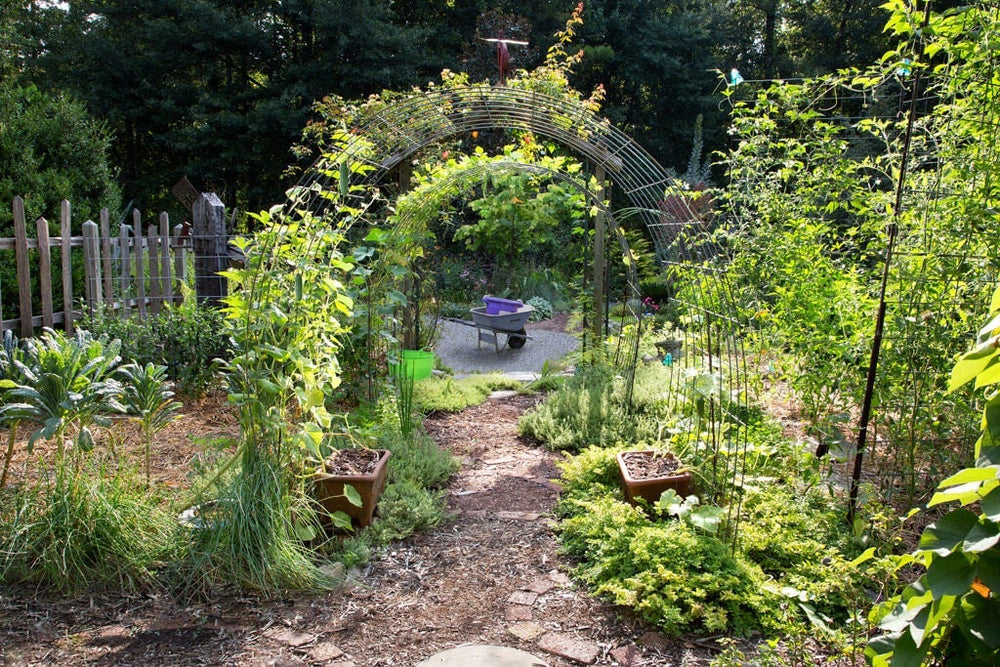People having a good time and believing in what they are doing will be passionate supporters. Here are ways that some groups promote interaction and activity to keep the energy high.
Keep information flowing. As the garden takes root in the hearts of volunteers, establish reliable communication. A message board, internet site, email, phone tree, and regular meetings keeps everyone in the loop regarding garden upkeep and events. Consider a Google group page or Facebook page for easy communication among members. Some gardens have websites. Assemble an email list or phone tree for personal communications.
Regular communication is a key to success. As the growing season progresses, you may need to communicate often. Share updates about timing for garden chores, pest outbreaks, and general news and reminders. Update volunteers on protocol with tools, watering, composting, or trash pick-up.
Create a learning environment. Identify local experts who can share info and teach. Hold workshops that teach techniques such as timing, fertilizing, watering, pruning, pest ID, or harvesting. Invite sponsors and non-volunteers from the neighborhood. Sharing expertise is one way to extend friendship to the community at large.
Be social. Bring gardeners together beyond work sessions. Host a planting party, a midsummer barbecue, and a harvest gathering to give gardeners a chance to interact. Some community gardens sponsor weekend gathering for volunteers and families, featuring a bring-your-own picnic or covered dish meal. Other gardens set up a movie screen and offer a movie night for garden families. The possibilities are endless. Canvas volunteers for ideas that would make them want to attend.Get beyond gardening. If your site has elbowroom, consider a spot for recreation or arts. Exercise classes, painting, soap making, and birdhouse construction are just a few activities that lend themselves to a garden setting. Plant a butterfly garden in one section for teaching children's groups.
Extend the season. When frost ends the garden season, stay connected with a fall festival or December holiday gathering. Local libraries, schools, or churches usually allow community groups to use a room for meeting. Consider sponsoring off-season gardening workshops. Open the garden before planting time for an early spring fling and welcome potential new garden volunteers.
For more ideas on how to work with volunteers, download the pdf of Tessa's Tips for Working with Volunteers from the American Community Gardening Association.








 Herbs
Herbs
 Vegetables
Vegetables
 Fruit
Fruit
 Flowers
Flowers
 Succulents
Succulents


